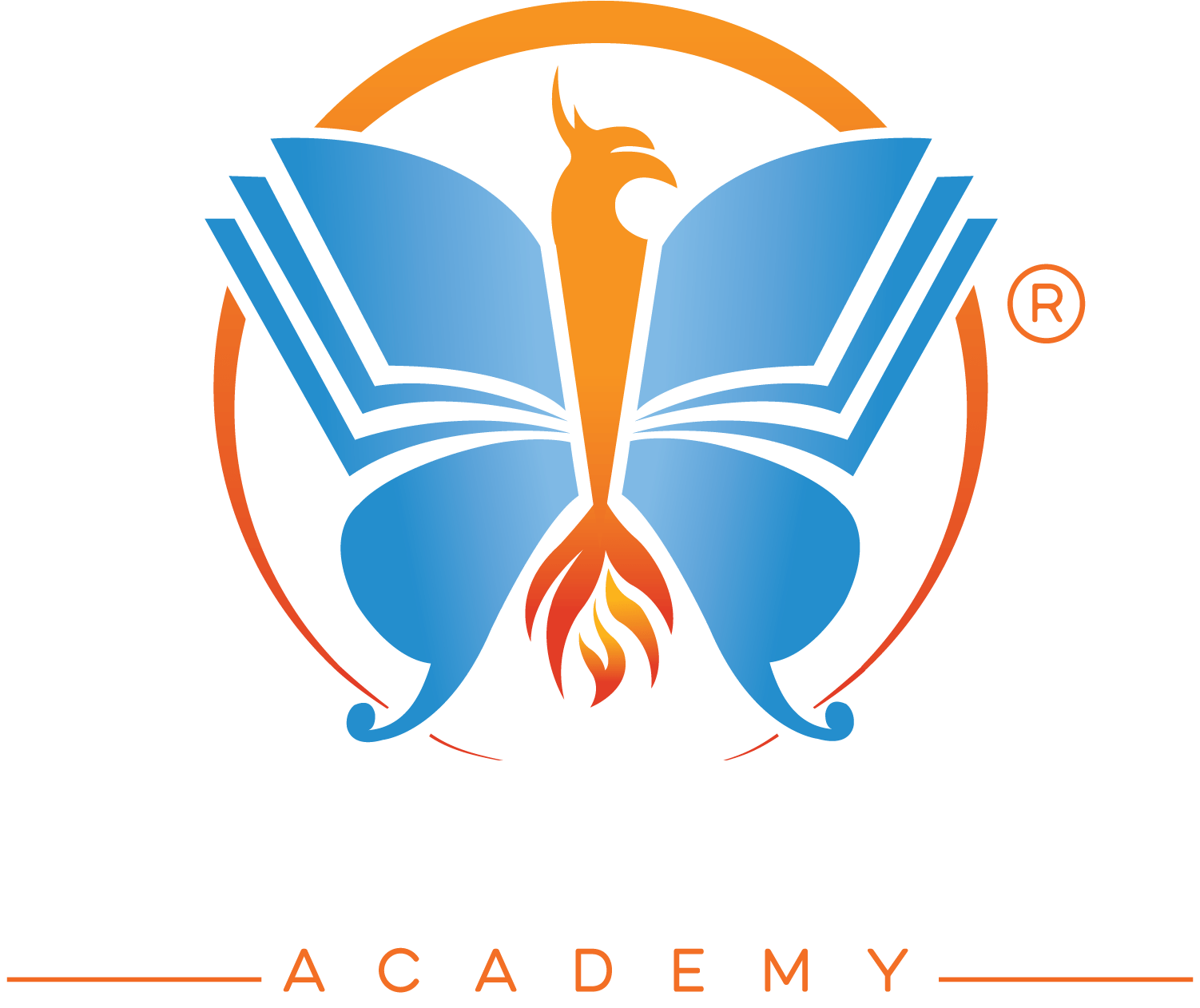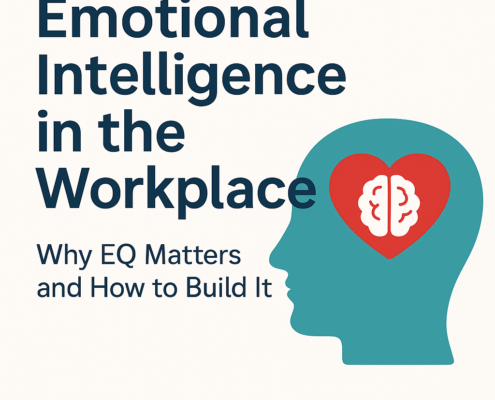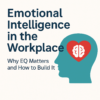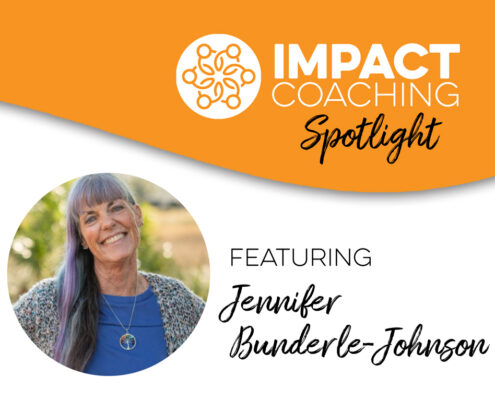 https://transformationacademy.com/wp-content/uploads/2025/05/IMPACT-Spotlight-Post_May2025-1.jpg
766
1025
Joeel & Natalie Rivera
https://transformationacademy.com/wp-content/uploads/2021/03/Transformation-Academy-L-300x252.png
Joeel & Natalie Rivera2025-05-30 14:43:332025-05-13 13:48:53IMPACT Coaching Spotlight—Jennifer Bunderle-Johnson
https://transformationacademy.com/wp-content/uploads/2025/05/IMPACT-Spotlight-Post_May2025-1.jpg
766
1025
Joeel & Natalie Rivera
https://transformationacademy.com/wp-content/uploads/2021/03/Transformation-Academy-L-300x252.png
Joeel & Natalie Rivera2025-05-30 14:43:332025-05-13 13:48:53IMPACT Coaching Spotlight—Jennifer Bunderle-JohnsonIMPACT Coaching Spotlight—Jennifer Bunderle-Johnson
Here at Transformation Academy we are excited to announce this month’s IMPACT Coaching Spotlight—Jennifer Bunderle-Johnson!
Our goal with this initiative is to recognize and celebrate members of the IMPACT Coaching Collective who demonstrate the heart, leadership and service it takes to be an impactful coach. IMPACT is a community of like-minded, heart-centered life coaches who come together to learn, practice, and grow.
This article is a modified transcript of an interview between Kimberly Rich, host of The Profitable Coach Podcast, and guest Jennifer Bunderle-Johnson.
Get 30 days free in the IMPACT Community: https://store.transformationacademy.com/pages/join-the-community
Listen to this interview on the Profitable Coach Podcast: https://store.transformationacademy.com/pages/ep73-jennifer-bunderle-johnson-impact-member-transforming-pain-into-purpose-jennifer-s-path-from-educator-to-grief-coach
About JENNIFER:
Jennifer bunderle-Johnson
https://www.facebook.com/jennifer.carpediem/
IMPACT Spotlight: Jennifer Bunder Lee Johnson on Grief Coaching, Authenticity, and Embracing the Journey
Q: Tell us about your journey into coaching. What led you to this path?
A: My entry into coaching was a natural evolution from my background as an educator. Whether I was teaching in a classroom or leading fitness sessions, I always found joy in helping others grow. While living in Ecuador, I stumbled upon a podcast about the Enneagram—a tool I had never encountered before. That discovery opened a whole new world for me. I became deeply curious and eventually certified as an Enneagram coach. Coaching, for me, felt like a continuation of teaching, but with deeper emotional connection.
Around that time, Danielle, one of my trainers, became my life coach and mentor. As I prepared to transition back to the U.S., I leaned into her support and started to envision a broader coaching practice beyond the Enneagram. Then, life took a sudden and heartbreaking turn—my husband became ill and passed away unexpectedly. That loss deeply impacted me and introduced me to somatic and grief work on a profoundly personal level. It became clear that grief coaching wasn’t just something I could do—it was what I was meant to do. I now support widows as they navigate their grief, helping them find peace, strength, and purpose again.
Q: Does working with clients on grief help you process your own?
A: Absolutely. Grief is not something with a fixed endpoint—it evolves, shifts, and often resurfaces. Being in close, empathetic connection with other widows is healing for me. In the beginning, it was overwhelming—I often joked that I needed a shirt that said, “I cry when I work.” The emotions were intense, and the weight of grief was palpable.
But over time, I learned how to hold space for others while also caring for myself. It’s about balance—being fully present with my clients while also maintaining boundaries that support my own emotional wellbeing. Each session becomes a mirror, reminding me of our shared humanity and the universality of grief. It’s a sacred exchange, one that continues to help me process and grow.
Q: How do you balance being in your own process while coaching others through theirs?
A: That was one of the hardest lessons for me. When my husband passed away, it triggered waves of unresolved grief from other parts of my life. I initially tried to serve everyone—I was casting a wide net, hoping to help as many people as possible. But I quickly realized that was unsustainable.
Boundaries became essential. Now, I choose to work specifically with widows, and I’m honest with them about where I am in my own healing. Some days I feel deeply grounded, and other days I need extra space and care. I schedule intentionally, make time for rest, and ensure that my energy is aligned with my capacity to support others.
This approach allows me to show up authentically while maintaining integrity in my work. It’s not about being perfectly healed—it’s about being real and compassionate with myself and my clients.
Q: How does the Enneagram influence your coaching approach?
A: The Enneagram is woven into the fabric of my coaching practice. Our personality type influences how we experience and express grief. For example, a Type Four may feel a deep sense of emotional intensity, while a Type Seven might struggle to stay with difficult emotions. Knowing a client’s type allows me to meet them where they are and tailor my approach to suit their needs.
As a Type Nine with a One wing, I bring a unique blend of peaceful presence and structured support. I help clients feel safe while also guiding them with intention. For Type Sevens, I gently encourage them to slow down and allow uncomfortable feelings to surface. The Enneagram adds a layer of understanding that makes each session more meaningful and effective.
Q: What were your early coaching experiences like? How did you attract clients?
A: Interestingly, before I officially launched into private coaching, I was appointed as a memorial service coordinator in a job I held. That role came unexpectedly, but it was incredibly formative. I worked closely with grieving families, planned memorial services, and held space during very tender moments. It gave me hands-on experience with grief work, long before I knew it would become my calling.
When I started coaching privately, clients came to me through organic connection and word of mouth. I didn’t focus on marketing. Instead, I focused on presence and compassion. People were drawn to that. It wasn’t about being everywhere—it was about being fully here, with the people who needed me.
Q: What happened after your husband passed away while you were still working in that role?
A: I tried to keep going—I really did. I thought I could push through the pain and maintain my professional responsibilities. But after about four months, I realized I was burned out. I wasn’t serving anyone effectively, least of all myself. I needed to pause.
I transitioned my clients and responsibilities, took a step back, and gave myself the space to heal. During that time, I discovered grief coaching certifications and somatic healing programs that supported me both personally and professionally. What started as personal recovery turned into a new chapter of professional purpose. I trained in the exact tools I needed, and now I offer them to others.
Q: How do your coaching offerings reflect your growth and philosophy?
A: My coaching is holistic and intuitive. I incorporate various modalities—homeopathy, aromatherapy, EFT (Emotional Freedom Technique), somatic work—and I let the client’s energy guide the direction. Some clients thrive in structured programs like the Grief Recovery Method, while others need a softer, more fluid approach.
I co-create the journey with each client. During the first sessions, we explore their needs and preferences. Some want a clear roadmap; others need a safe space to simply be. My role is to hold space, offer tools, and walk alongside them as they uncover what healing looks like for them.
Q: With grief being so unique, how do you define success in a coaching relationship?
A: Success, for me, is centered around three pillars: hope, growth, and healing. These look different for everyone. For one woman, success might be attending a family gathering for the first time in months. For another, it might be expressing emotion openly after years of silence.
I offer flexible coaching packages—three months, six months, or a year—and empower clients to choose when they want to pause or continue. Some women come to me after completing programs like GriefShare and are looking for the “what now.” Others have been holding grief for years and are just beginning to explore it. Success is defined by their movement, however small, toward a more empowered and peaceful self.
Q: Did you feel like you needed a full website or online presence before coaching?
A: Not at all. When I started, I didn’t have a website. What mattered most was connection—real, heartfelt connection. My early clients came through community, referrals, and authentic relationships. The website came later, once I had more clarity about my offerings.
Now, the site reflects who I am and what I do. But even now, it’s a work in progress. I’m currently working on a new book series for widows and grievers, and the website will eventually incorporate those resources too. Ultimately, presence and authenticity matter more than perfect branding. The people who need you will find you.
Q: You’ve authored several books. What’s your next writing project?
A: I’ve written three books so far, primarily focused on education and teaching. But my next book is part of a new series dedicated to widows. It’s a resource for both grievers and those who support them—coaches, therapists, spiritual leaders.
Writing is a huge passion of mine. It’s where I process, reflect, and share. I’m excited to pour myself into this series and offer something meaningful to the grief community. This project feels like a culmination of my personal and professional paths coming together.
Q: How do you live out your “Carpe Diem” coaching philosophy?
A: I live one day at a time. That’s all any of us are promised. Losing my husband showed me—painfully—that life can change in an instant. So I embrace each day with presence and intention. I look for beauty in the ordinary and allow space for both joy and sorrow.
In my coaching, I help clients do the same. We focus on the now, honor their emotions, and cultivate gratitude. “Carpe Diem” isn’t about forcing happiness—it’s about fully inhabiting your life, moment by moment.
Q: What advice would you give to someone who feels stuck in grief years later, especially if they haven’t changed their environment since the loss?
A: I would invite them to explore why. Why have they held on to certain things or routines? Is it out of love? Habit? Avoidance? There’s no judgment—just curiosity.
Sometimes, keeping a space the same brings comfort. Other times, it becomes a barrier to healing. It’s not about forcing change but understanding the motivation behind our choices. Awareness is the first step toward transformation. Once we understand the “why,” we can begin to make empowered decisions.
Q: What do you wish you knew when you first started coaching?
A: I wish I had known that being myself was more than enough. Early on, I thought I had to fit a certain mold—be polished, perfect, professional in a specific way. But that’s not what people need. They need realness.
Clients are drawn to authenticity. The more I allowed myself to be fully me—flawed, evolving, open—the more impactful my coaching became. That’s where the magic lives: in being unapologetically yourself.
Q: What’s next for you?
A: Right now, the book series is my main focus. It’s been delayed due to some health challenges, but it’s still very much alive. I’m also back in grad school—an unexpected but exciting new chapter. I had a retreat planned, which is on pause for now, but I trust it’ll happen in its own time.
Everything is unfolding as it should. I’m learning to flow with life, embrace the pivots, and trust the timing of it all.
Final Thoughts: Jennifer’s story is a powerful reminder that transformation and grief can coexist. Her journey teaches us that healing is not about erasing pain but about walking with it—day by day—with courage, compassion, and authenticity.
